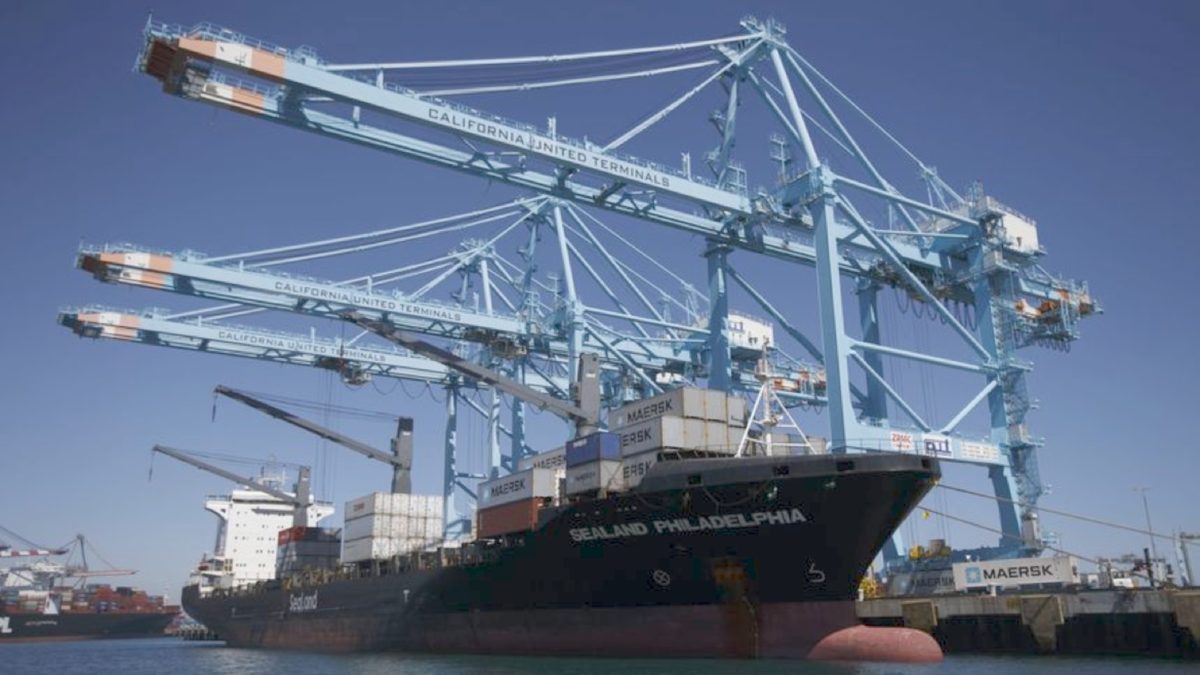Container ships are an important part of global maritime shipping. Measured in value, and according to Clarkson estimates, the more than 5.500 container ships (2021) account for about 60% of the global maritime transport. Container ships have traditionally been designed for high speed, close to 25 knots. The consequence are high fossil fuel consumption and large global maritime CO2 emissions. Container ships, along with tankers and bulk carriers, are considered the “work horses” on the seven seas. These shipping segments account for more than 85% of all shipping emissions globally. The largest container ships can transport about 24.000 containers (TEU).
In this pilot, the main focus is on the smaller vessels. Today there are about 700 container ships with capacity for 2.000-3.000 TEU. Several of these vessels are old, designed for high speed and shipping of many reefer containers which in total results in high fuel consumption. This pilot will be based on an existing container ship “Sealand Philadelphia” with capacity of 2500 TEU.
The pilot’s purpose is to carry out a technical and economic feasibility study to assess retrofit of today’s “work horses” to e-methanol and bio-methanol powered operations. The pilot will carry out a study of energy efficiency measures.
What green fuel alternatives exist for today’s fleet, and is methanol a part of this solution? One of the important questions for the existing fleet is when the green fuel alternatives will be available, and at what cost. In addition, what should the remaining lifetime be for it to be beneficial to convert the ship to an alternative greener fuel.
Goal of pilot project
- Carry out a technical-economical and safety related pre-study of the feasibility for retrofitting an existing vessel to operate on methanol.
- Identify availability and production of sustainable e-methanol and bio-methanol, local and global, with focus on cost and when e-methanol /bio-methanol will be available.
- Identify potential improvements for green ships, benchmark with 2008-performance.
- Identify financial opportunities and return of investments for retrofit to methanol today, indicate the minimum remaining lifetime for the investment to be profitable.
- The final target after completed pilot study is to realize a retrofit for pilot owner Thomes “Sealand Philadelphia”, methanol powered with e-methanol/bio-methanol, alternatively a different vessel, owner, or management company.
Status
The partners (see overview to the right) decided to start this pilot at the program’s March 2022 meeting. To ensure the best possible information as a basis for the pilot’s study conclusions, companies that are not members of GSP will be involved to some extent.
The pilot’s kick-off was carried out in August 2022, and the 5 following working packages have been defined:
- Technical Solutions & Design
- Safety and regulation
- Availability and production
- Energy efficiency and optimization measures
- Financial evaluation
- Communication
September 2022
The pilot has achieved to get additional partners on board (engine suppliers, suppliers of fuel containment systems, designers etc.) Methanol tank arrangements are likely to be a challenge, while engine manufactures believe that preparing an existing ship for retrofitting to operate on methanol should be possible without too large challenges.
The existing container ship “Sealand Philadelphia” is trading on the west coast of the United States, and the pilot are cooperating with the methanol institute in the United States. The pilot will also investigate potential green corridors, for mapping the delivery of methanol for the ship’s ordinary operation. A first draft of the report is planned to be ready in December 2022. The pilot study report is expected to be finalized within January 2023.
January 2023
Work package 1 on technical solutions is almost complete. Work package 2 on safety and regulations, work package 3 on fuel availability, and work package 4 on energy-efficient technology are being worked on. Work package 5 on ROI and financing opportunities has partially begun. Final presentation of results will take place at the partner meeting in March. External, open presentation of pilots and results will take place in May.
April 2023
The pilot has been concluded. Summary and results were presented at a mini-seminar. A recording of this event is available here.
Read more
- The final report from the pilot is available here:

